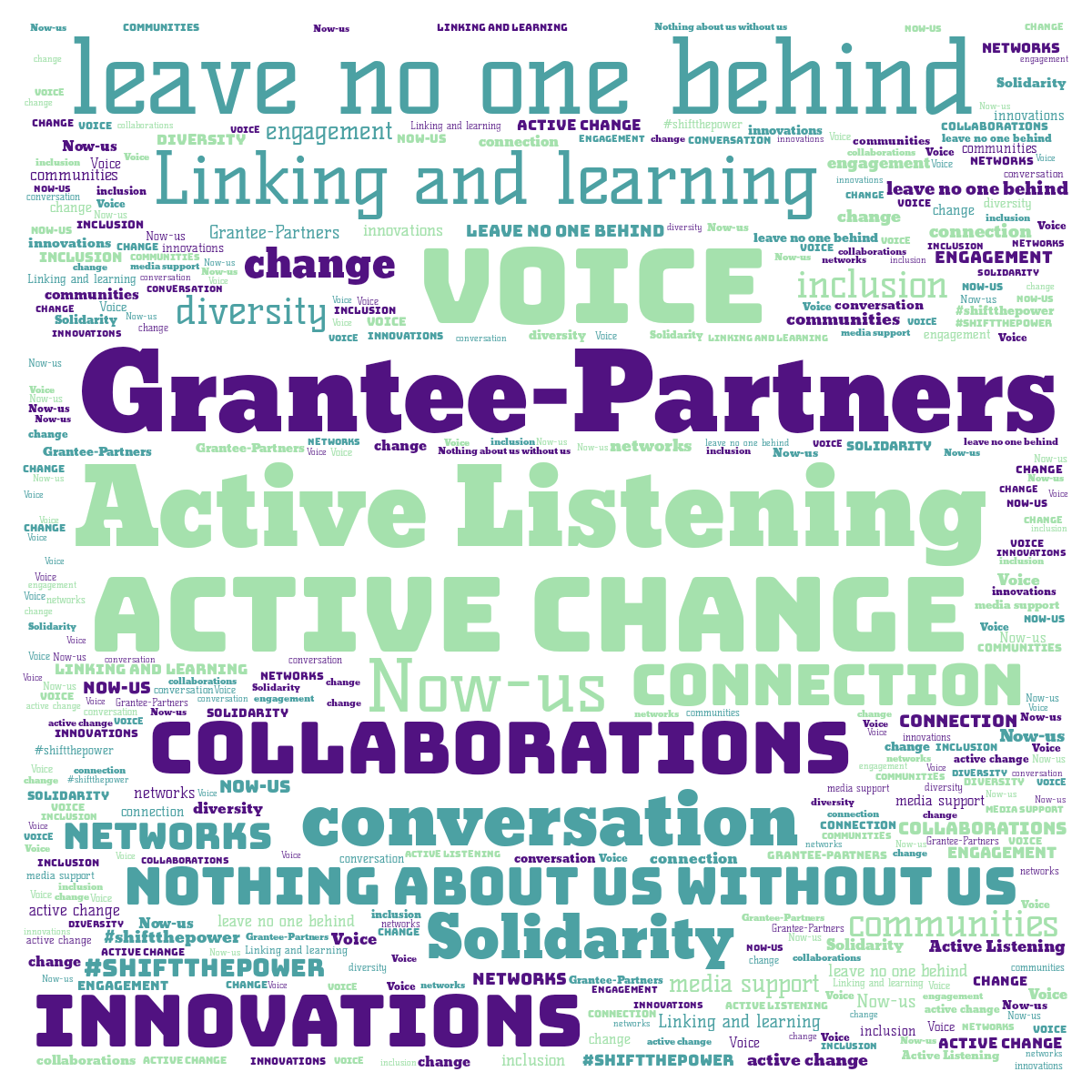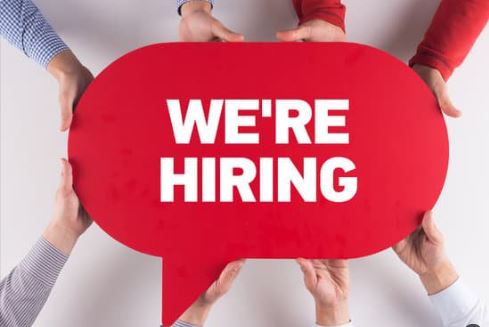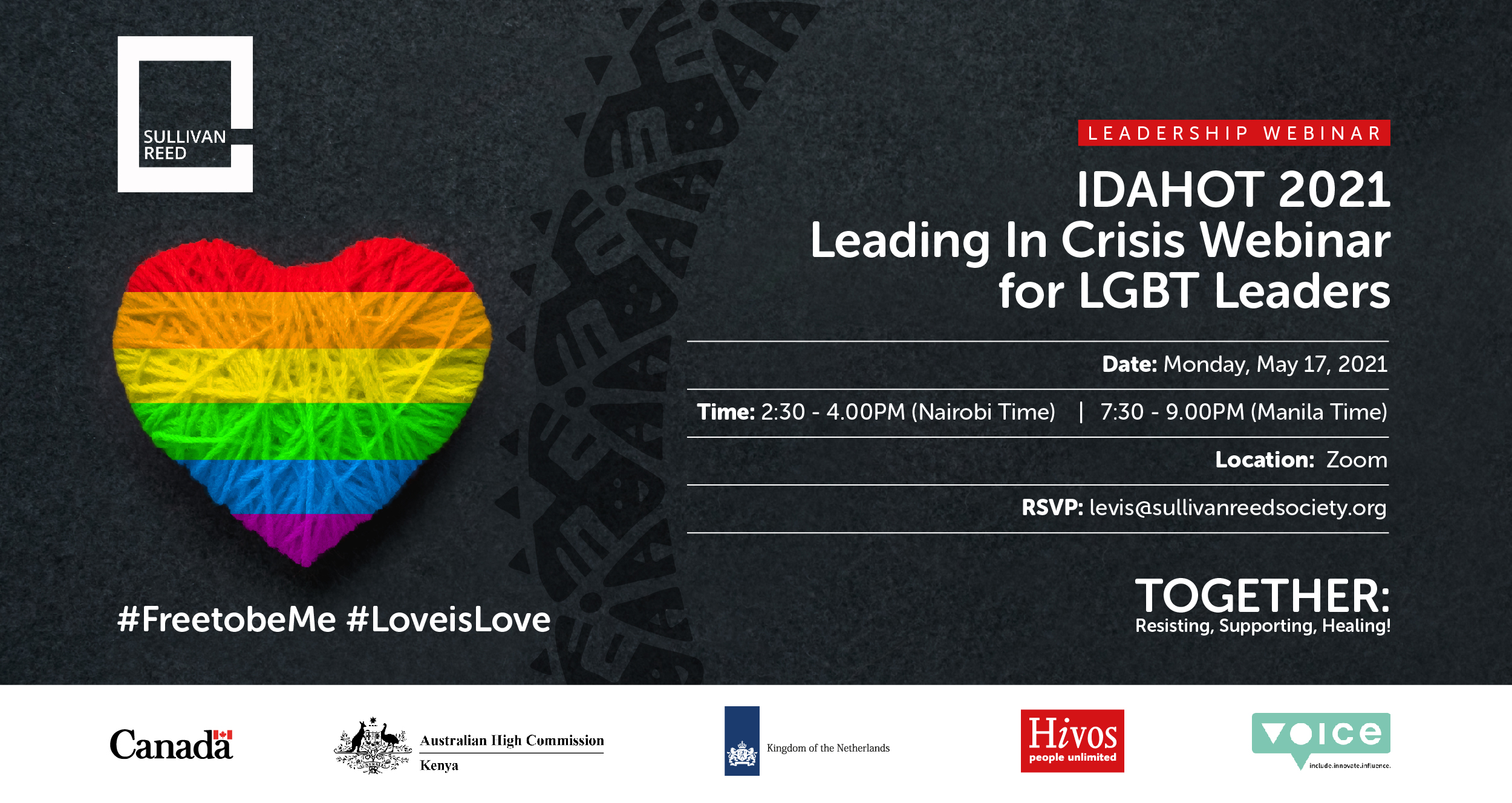Taking Inclusion Home
Friendly. Motivated. Included. Touching. Patience. Fresh. Fun. Included.
These are some of the words participants used when asked to describe the workshop on inclusive facilitation and ways of working. From 6 to 9 November 2017, Voice gathered participants in Vientiane, Lao PDR to answer the question: how can we be more inclusive in our work? It was an intensive 4-days where participants learned about and experienced different facilitation techniques, discussed what inclusion means and why it is important, shared their own experiences and practice, and collaboratively designed their own session.
At the end, we asked 5 participants to share their thoughts about the workshop, on what they learned, and what they are taking with them as they go home.
Lattana Sengdala, Lao Disabled People’s Association
For Lattana, she said the facilitation techniques and training methodology were quite useful.
She will be able to use what she learned as part of her work with the Lao Disabled People’s Association. They organise similar events in order to advocate for the rights of people with disability in Laos.
She also said that everyone was being inclusive and friendly in their own way. Participants shared what they know, made comments and suggestions to different ideas in the spirit of learning. It was an opportunity for her to get to know new friends.
Pitra Ayi Listani, EngageMedia
Pitra appreciated how the barriers to inclusion are much more concrete, enabling her to identify them as they arise. It comes from the realisation that some barriers to inclusion are dependent on your own attitudes as an individual. She is undergoing self-reflection on what does this mean to her work in EngageMedia and their work as Voice Indonesia’s linking and learning organisation.
Sengarun Budcharern, Voice Lao
Sengarun was inspired on how can Voice focus on the needs of people with disabilities and the LGBTQI community in Laos. He sees inclusiveness as being able to highlight the strengths of others while supporting them where they need to help.
Soklang Chhuon, Voice Cambodia
Soklang reflects on what does it actually mean to be inclusive in her work as a Monitoring, Evaluation, Accountability and Learning (MEAL) officer. She asks what does it mean to have an inclusive MEAL framework? How do you implement a participatory MEAL plan? What tools are already out there?
Zack Lee, Voice Indonesia & Philippines
Zack realised how easy it is for him to be exclusionary. Inclusivity requires examining what he does every day and making changes to practices he has taken for granted. People’s capacity to be open and patient with each other surprised him.







